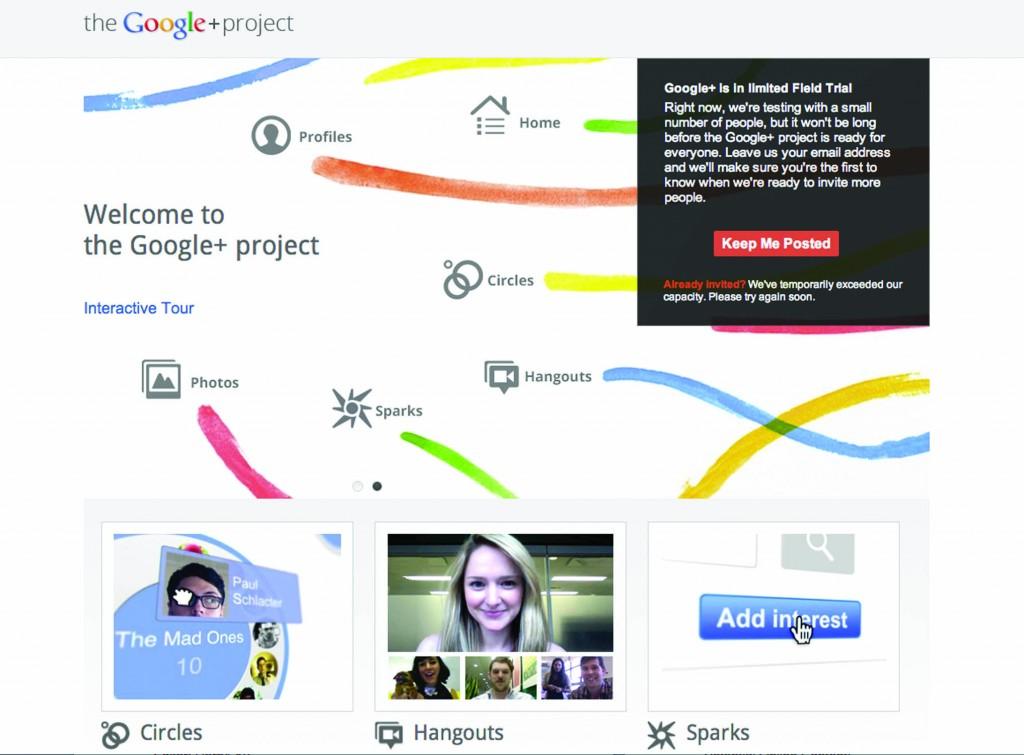Is Google+ the New Hip Social Network or a Dud in the Making?
Because Google+ is still in its infantile stages, users are required to have an invitation to test the site. (Courtesy of Google+)
September 21, 2011

Google+, the latest brainchild of Google Inc., is a new social networking software that attempts to reflect the human experience of connecting with others, online. According to Vic Gundotra, senior vice president of engineering at Google, Google+ is “real-life sharing, rethought for the web.”
One of the basic ideas behind this new social network is to recover the “subtlety and substance of real-world interactions” that are usually lost with other software, according to the Google blog. With these lofty goals, Google+ would seem to be the newer and more attractive social network to join, but at Fordham College at Lincoln Center (FCLC), it has not gained that kind of popularity.
Even though it is still in its experimental stages, Fordham students already have their opinions of it. Amal Abuhashish, FCLC ’14, does not think that Google+ is anything to look forward to. She said, “I’ve only heard of it a little, but it has not sparked my interest. It is not open to everyone, most of my friends don’t use it and I don’t need another social network right now. For me, there’s no point.”
Google+ includes features such as “Circles,” which for the Facebook-fluent, are similar to “Friends Lists.” You can add people you know to different Circles like Friends, Co-Workers, or Family, and communicate or share status updates with your specific Circles. This is something that can be done, although not as simply, on Facebook.
Another feature of Google+, called “Hangouts,” is for video chatting and can be considered the equivalent of applications like ooVoo or Skype. Although the Google blog boasts a few innovative settings in Hangouts, like the ability to join a video chat that is already in session, it is not novel enough to attract the interest of users, who have already established themselves on different platforms.
Because the features of Google+ are not entirely new, students have not been eager to try it. Crystal Lewis, FCLC ’12, said “Since [Google+] is not doing anything new, I can’t imagine it being successful. I already use Facebook and Twitter and that’s enough for me. I don’t see anything in Google+ that I can’t already accomplish with other software.”
Although it has its drawbacks, other students believe that Google+’s biggest problem is that no one is really using it. “Google+ is still in its beginning stages, so many people use Facebook [and other applications] that they are comfortable with. It needs to gain some momentum and loyal users to be popular. It is just like how Facebook took years to develop into what it is now” Alexandra Supel, FCLC ’14, said.
Others, like Sathi Roy, FCLC ’13, believe that it is too early to tell the future of this new social networking website. “Facebook will lose its following, eventually. Do I think that Google+ will be its new replacement? Maybe, but it’s too early to tell.”













